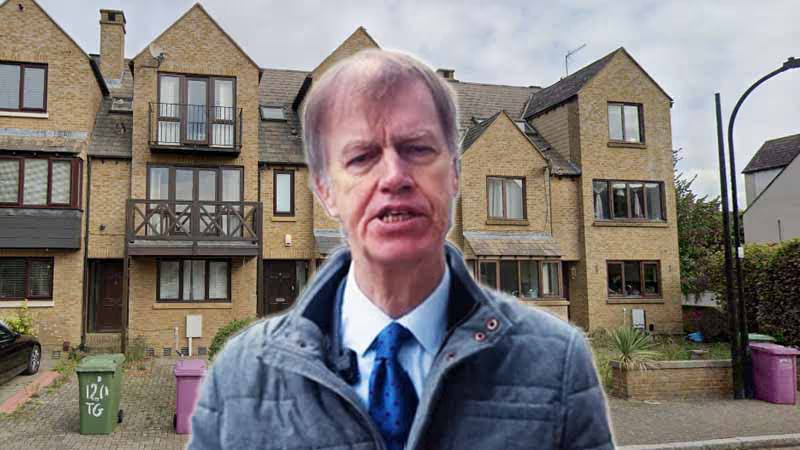The UK property market has undoubtedly seen a tumultuous period since the end of 2022.
Fluctuating statistics, record-breaking demand, falling supply, and concerning economic projections have left many scratching their heads and wondering:
'�Is UK property investment in 2023 a good idea?'
The following guide presents a summary of the property market in 2022, as well as a look towards what the future may hold for the rest of the year and beyond.
What Happened to the UK Property Market in 2022?
January
- Property prices, on average, increased by almost 10% from 2021
- Property experts Savills reported that demand for housing was up 49% in mid-January compared to 2018-21.
February
- Despite a slight dip in property prices, the market remained strong, with the highest growth (12.5%) in the East and South West regions
- The rental market also saw growth due to continued demand for rental properties
March
- March saw the strongest monthly house price growth in 18 years at 1.1%
- Low housing supply contributed to skyrocketing prices
- The rental market grew by 10.4%, indicating ongoing demand
April
- Rental growth was widespread across the country, with the highest increase in rental prices since 2011
- Affordability became a concern as house price growth outpaced income growth

May
- A 16% increase in mortgages for first-time buyers compared to pre-pandemic levels
- Some areas experienced significant rental price rises, but overall growth started to slow down
June
- Annual price growth dropped by around 5% from May to June
- Property investment cooled down as the cost-of-living crisis began to make rising house prices unaffordable
- Housing supply still low, but demand decreased as people prioritized other expenses
July
- House price growth rose to one of the highest rates in 2022, most likely due to the lower prices from the stamp duty holiday in 2021
- Rental prices were growing almost six times higher than pre-pandemic levels, with the strongest markets being in the North West
August
- Rising living costs and reduced housing demand contributed to slower growth
- Popular areas like the North West, however, continued to see high rental demand, with the region seeing growth of around 10%
September
- The UK found itself in a complex political situation with the Government's controversial Mini-Budget, and the death of Queen Elizabeth II
- Rental sector growth remained steady, but borrowing mortgages became more difficult with rising interest rates
October
- The majority of the mini-budget was reversed, following a massive detrimental economic effect
- As the cost-of-living crisis steadily continued, as well as the unstable economy, a cap on house prices was beginning to limit rates
November
- House prices fell by -0.9%, the biggest drop since June 2020
- Market activity decreased, with mortgage approvals returning to pre-pandemic levels
- The end of the Help-to-Buy scheme affected affordability and resulted in falling prices
December
- House prices fell for the fourth consecutive period, down -0.1% from November
- Average rent decreased slightly from November but remained higher than the previous year
Property Market Predictors
Following a lack of demand for expensive property and more buyers preferring affordability, many experts predict a continued drop in prices across many regions, with interest rates rising alongside.
If prices do slip in 2023, though, buyers should write off the property market as a viable option. Recent forecasts show that, despite significant drops in 2023, the market is expected to recover, with certain regions predicted to see price growth of 11.7% by 2027.















.avif)
.avif)


















Comments